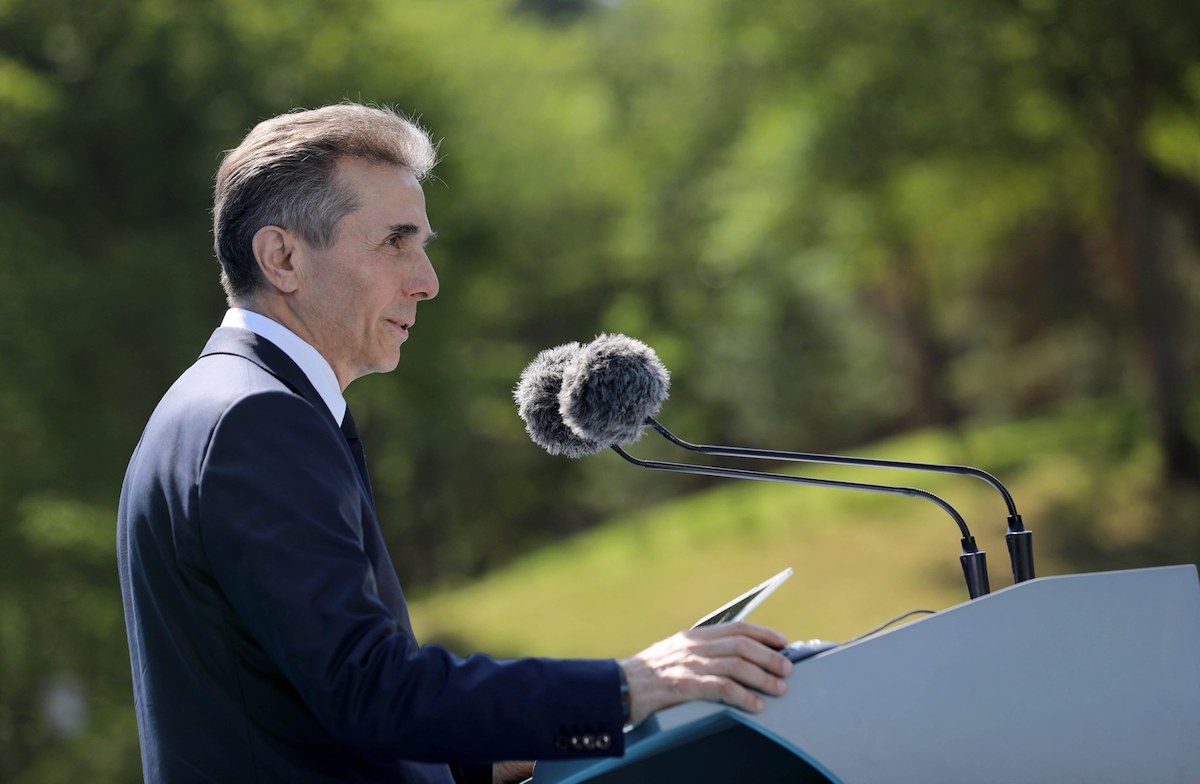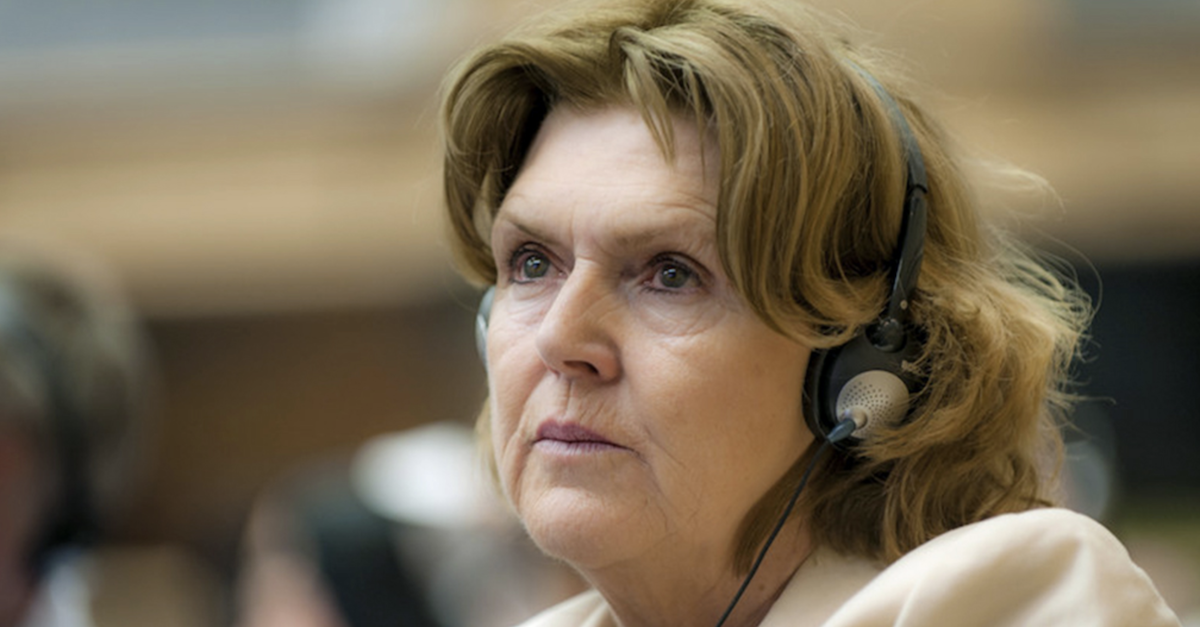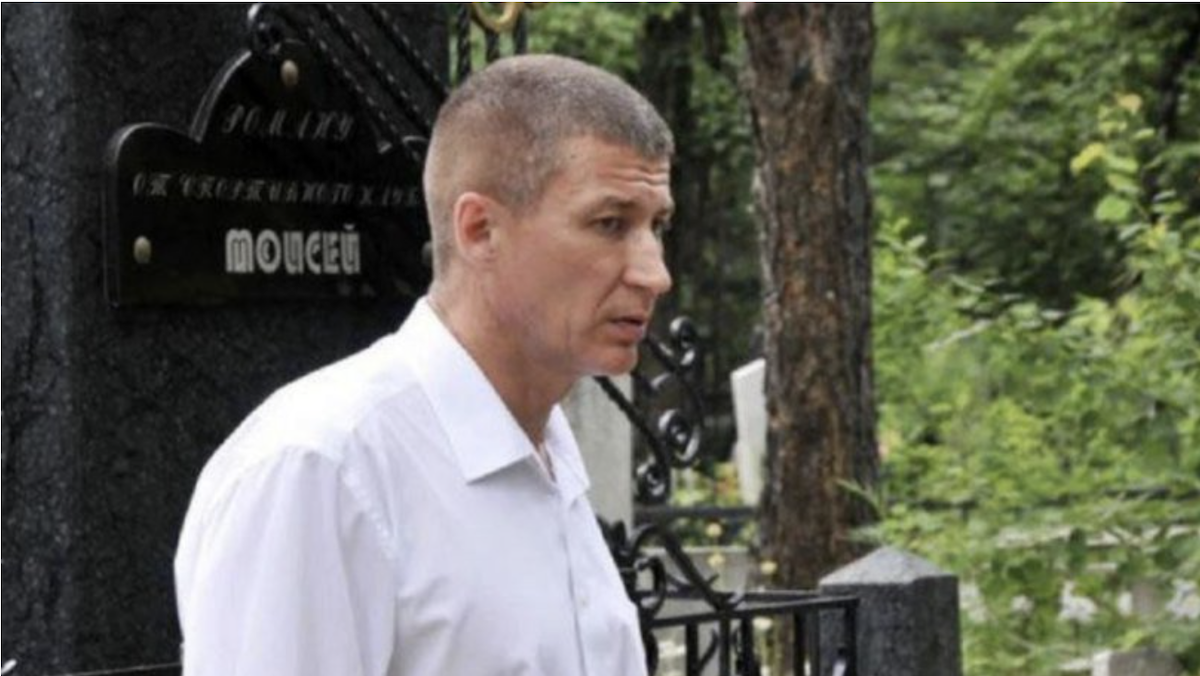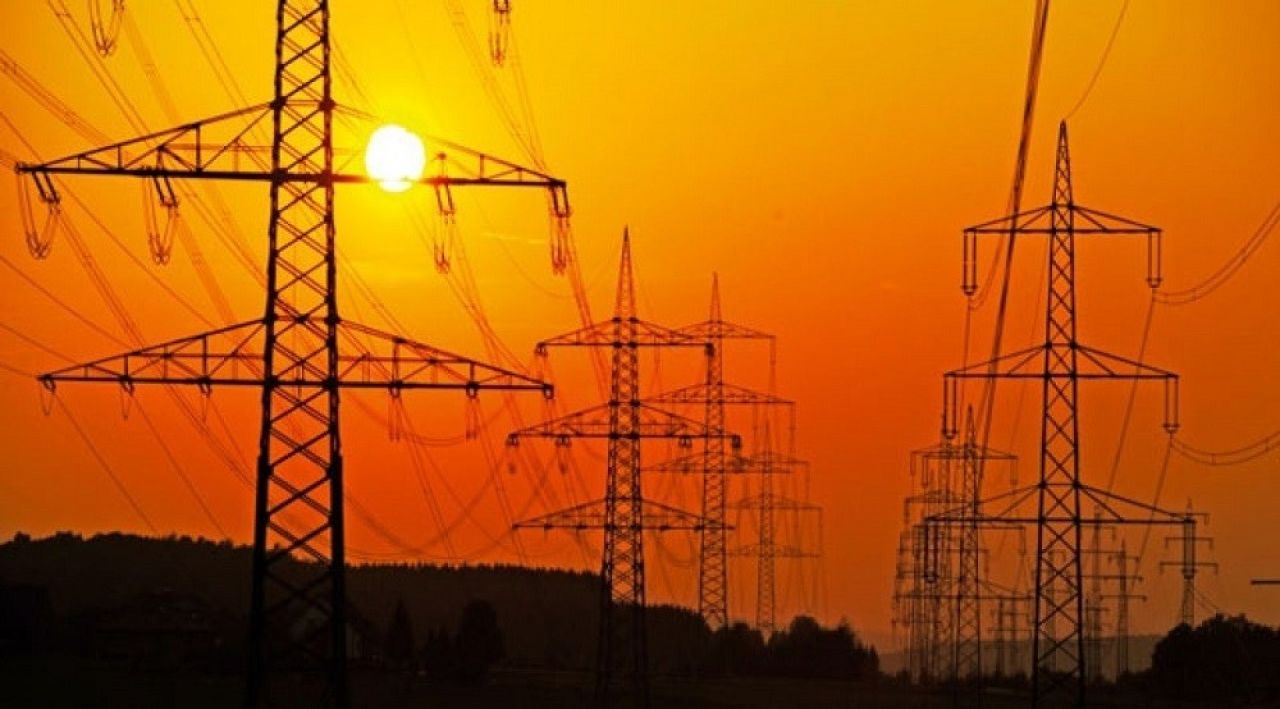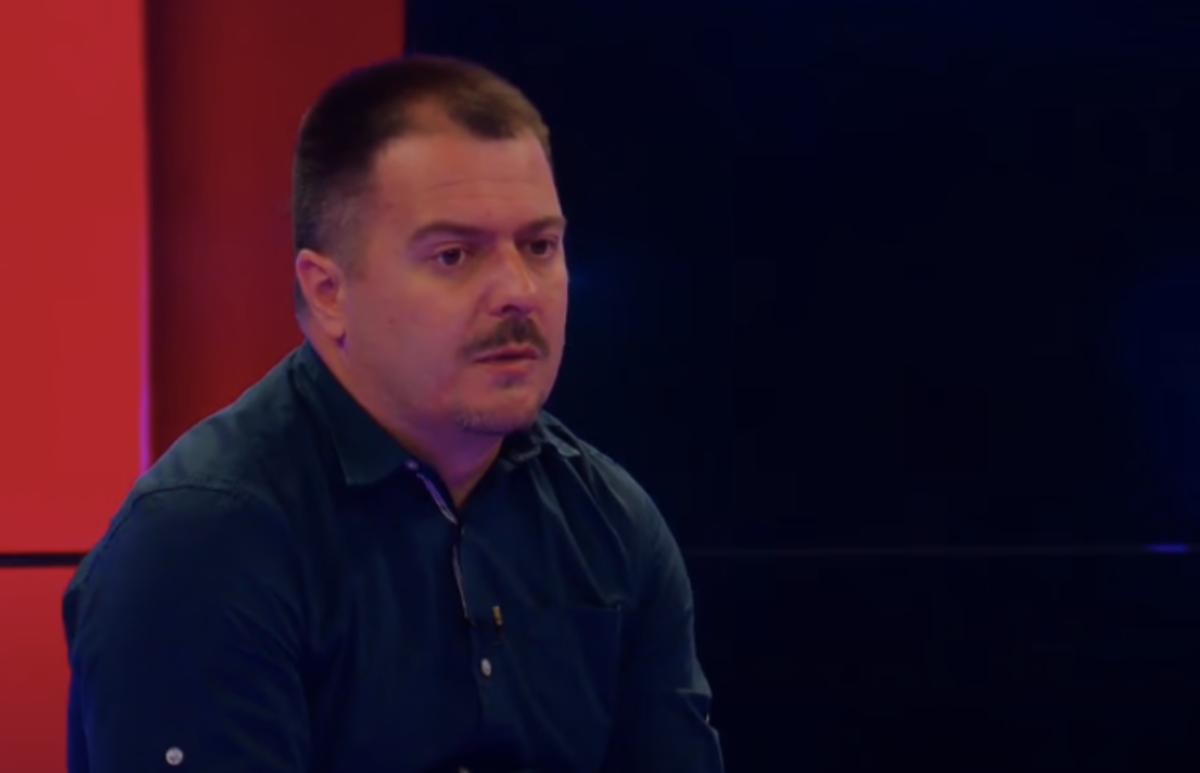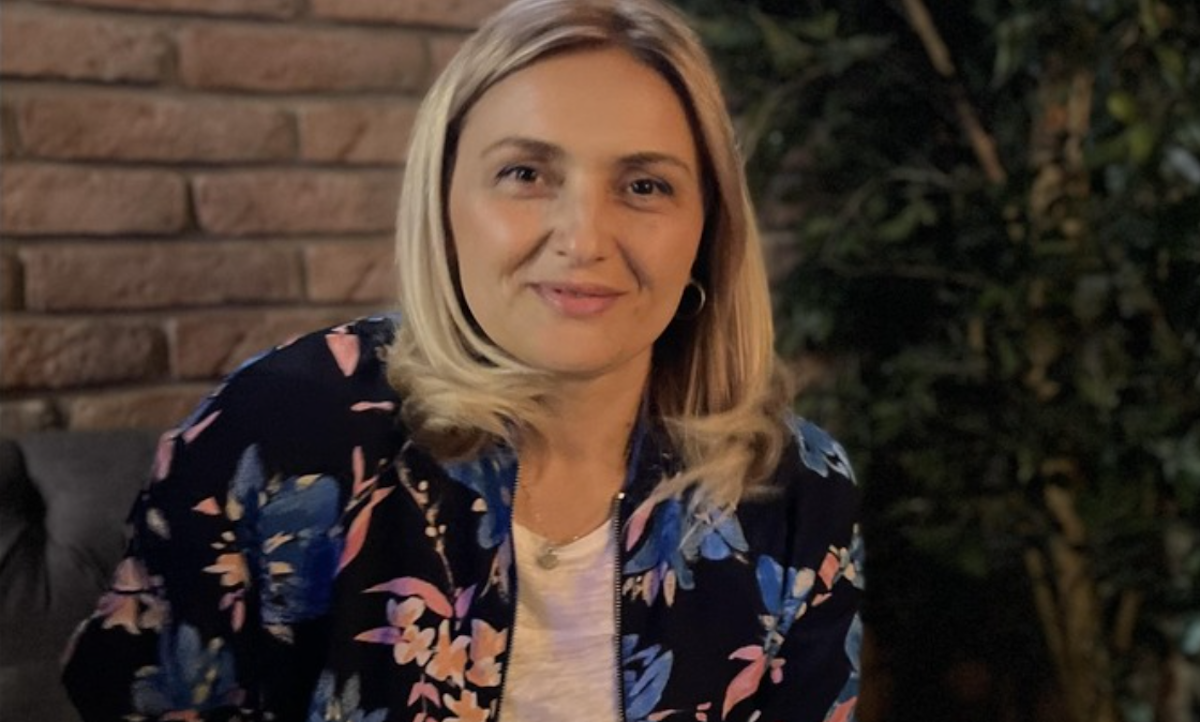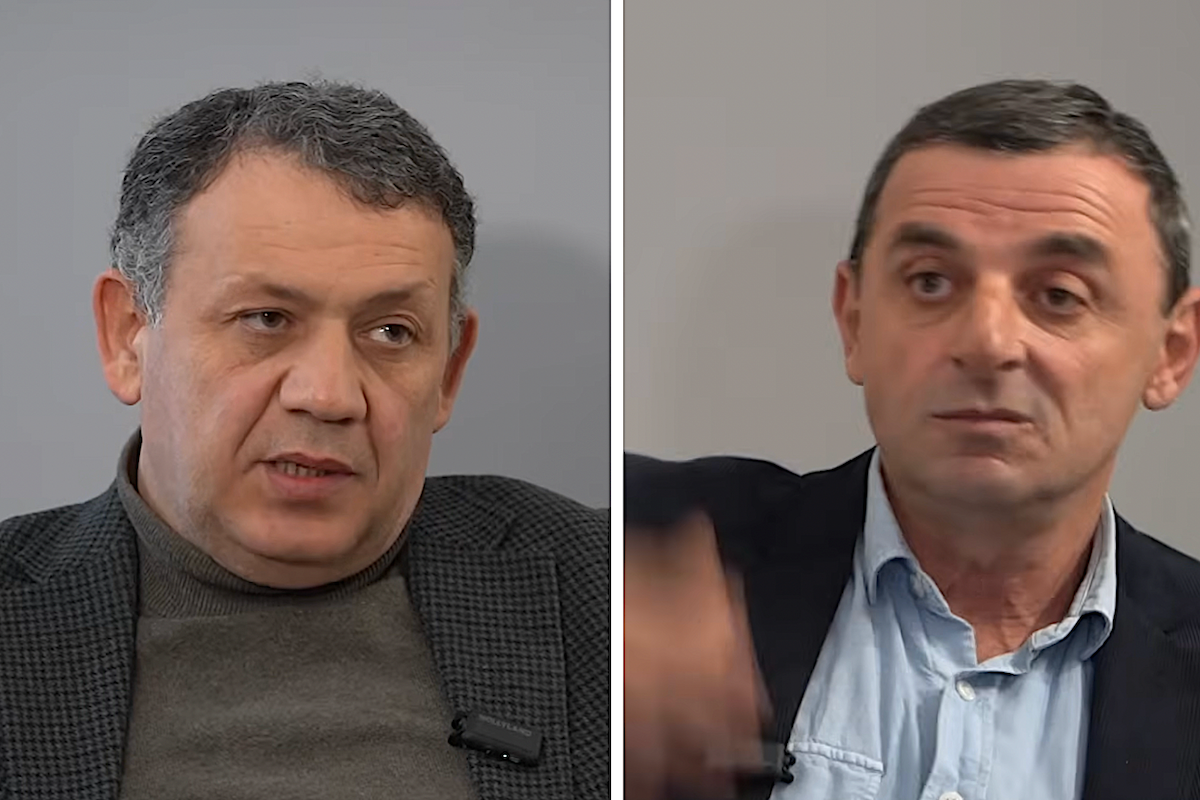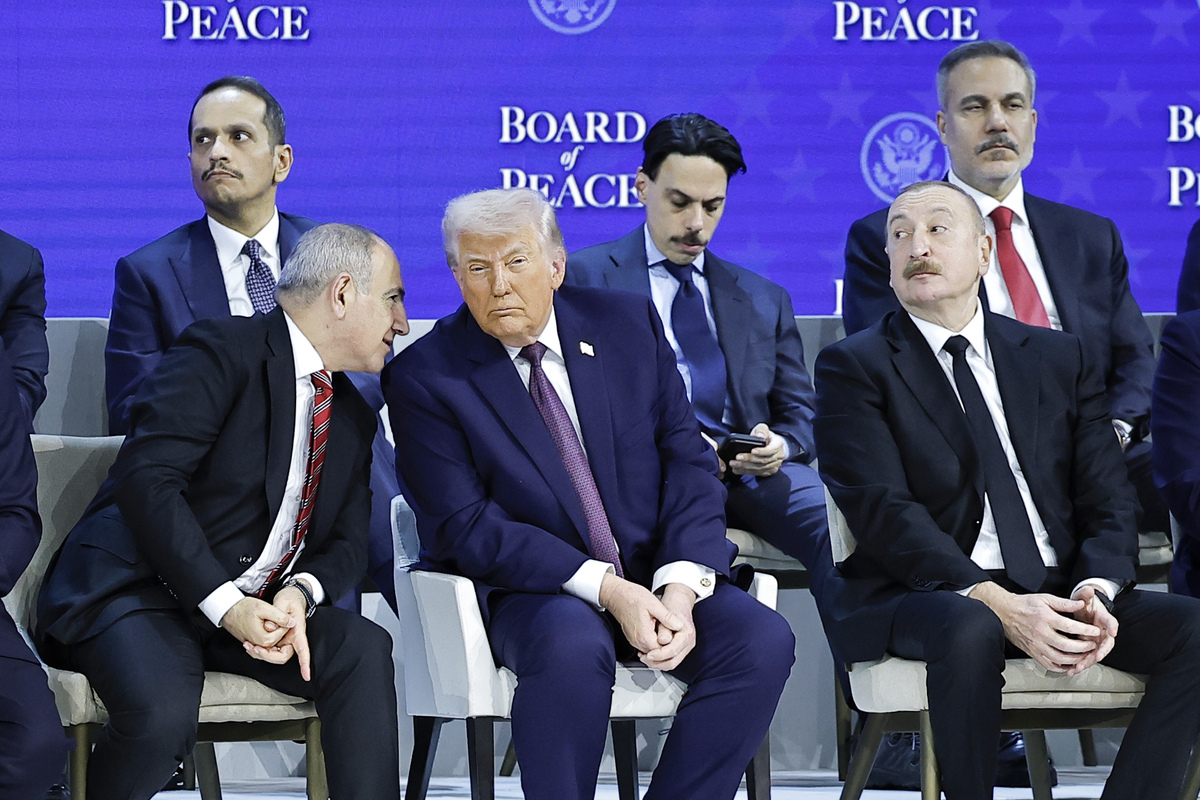"Georgia becomes Putin's personal cash box" - Experts on offshore law and the ongoing protests
Experts on Georgian offshore law
For the past two weeks, the capital of Georgia has been engulfed in protests. Tens of thousands of people are demonstrating against the draft law “On Foreign Influence,” which concerns the activities of non-governmental organizations. This draft law, which many see as similar to the Russian law on “foreign agents,” was initiated by the ruling party “Georgian Dream” and has already been passed by parliament in the first reading.
Simultaneously, parliament has expedited the passage of the “Offshore Law,” according to which the transfer of assets from offshore to Georgia will be tax-exempt until 2028.
Local experts believe that these two laws are interconnected and are parts of one big puzzle.
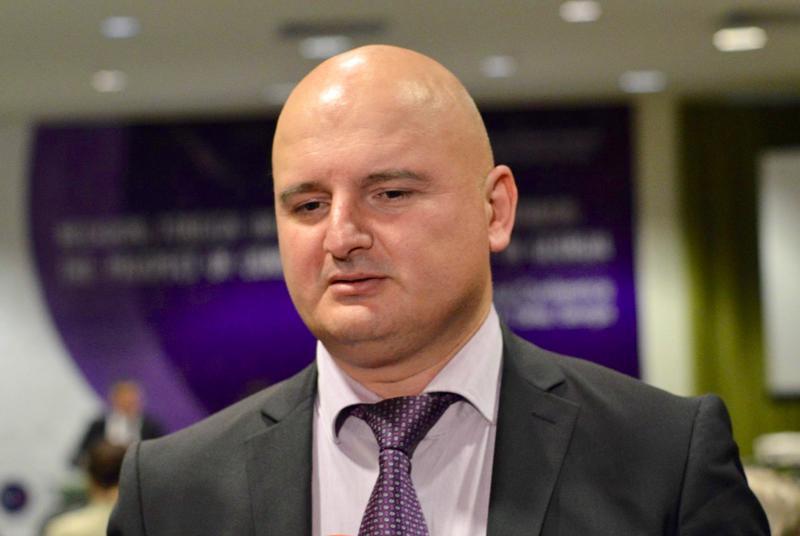
Kornely Kakachia, Doctor of political science and director of the Georgian Institute of Politics:
It’s still not entirely clear what goal “Georgian Dream” is pursuing; the current events seem utterly illogical. However, there are several possible reasons why the government is doing this.
The first scenario is related to the upcoming parliamentary elections scheduled for October 2024. Apparently, “Georgian Dream” is convinced that it won’t be able to secure a constitutional majority, so it has decided to marginalize independent media and the non-governmental sector before the elections, labeling them, along with the opposition, as radicals and extremists.
For “Georgian Dream,” it’s crucial right now to secure a constitutional majority, regain control of the country as a single party, and make constitutional changes, including those related to the country’s foreign policy. No opposition party will join a coalition with “Georgian Dream.” If the opposition gains 50 percent of the vote, it will severely damage the regime. Therefore, a guaranteed constitutional majority is vital for “Georgian Dream.
[The subject of bargaining could also be] the offshore law. That is, to get the West to turn a blind eye to Georgia becoming an offshore zone.
But the main thing is that everything that’s happening is tailored to Ivanishvili’s interests (oligarch, founder of “Georgian Dream”), and the authorities present it as Georgia’s national interests.
The offshore law:
This law was adopted primarily for Ivanishvili’s interests, and here we should consider the overall geopolitical situation.
Ivanishvili believes that Russia is winning the war in Ukraine, and therefore is trying to fit into this new geopolitical context and increase its significance. The Offshore Law serves Russia’s interests. Ivanishvili is trying to show Putin that he can be very useful to him.
Reaction of the West:
One of the calculations of “Georgian Dream” was that 2024 is a year of elections in many countries, including the elections to the European Parliament and the presidential elections in the United States, which may lead to huge changes worldwide. Leaders of “Georgian Dream” believe that the West will not abandon Georgia at this moment. However, judging by statements coming from the West, this calculation of “Georgian Dream” is not justified.
Sanctions against Ivanishvili and “Georgian Dream” also cannot be ruled out. This depends on how relations between the West and the Georgian government develop. If “Dream” goes all in, it is quite possible that the European Union will reconsider its relations with Georgia. Although there is no mechanism for revoking candidate status, the connection can be significantly disrupted.
Relations with the United States, of course, will also become strained, and sanctions are not excluded here either. Everything depends on how far the Georgian government will go in its radicalism and antagonism towards the West. The more authoritarian the government becomes, the harsher the West’s reaction will be.
However, the most important role in this process is played by Georgian voters. 80 percent of the population supports Georgia’s accession to the European Union. It is necessary for these people to feel the danger that the country is facing today. Voter protests must be reflected in the elections. The West and the international community can help the country, but ultimately, it all depends on Georgian voters.
▇ “Georgian Dream” is convinced that it won’t be able to secure a constitutional majority, so it believes that it’s necessary to marginalize independent media and the non-governmental sector before the elections.
The role of the opposition:
The role of the opposition likely involves monitoring public opinion and sentiments.
Perhaps it seems unrealistic, but I support president Salome Zourabichvili’s idea that the pro-Western opposition should unite, even temporarily, and contest these elections as a unified front, making the choice clear: between a European future and “Georgian Dream.”
And if these elections result in a victory for the united opposition, then new elections should be held in a year, in which all parties will participate individually. Obviously, for this to happen, parties must currently set aside their narrow party interests.
Forecast:
It’s too early to say what the outcome will be. This is just the beginning. Ahead lies a long marathon. The fact that society is sufficiently mobilized is promising. Now, it all depends on the leaders and how well they can maintain this mobilization.
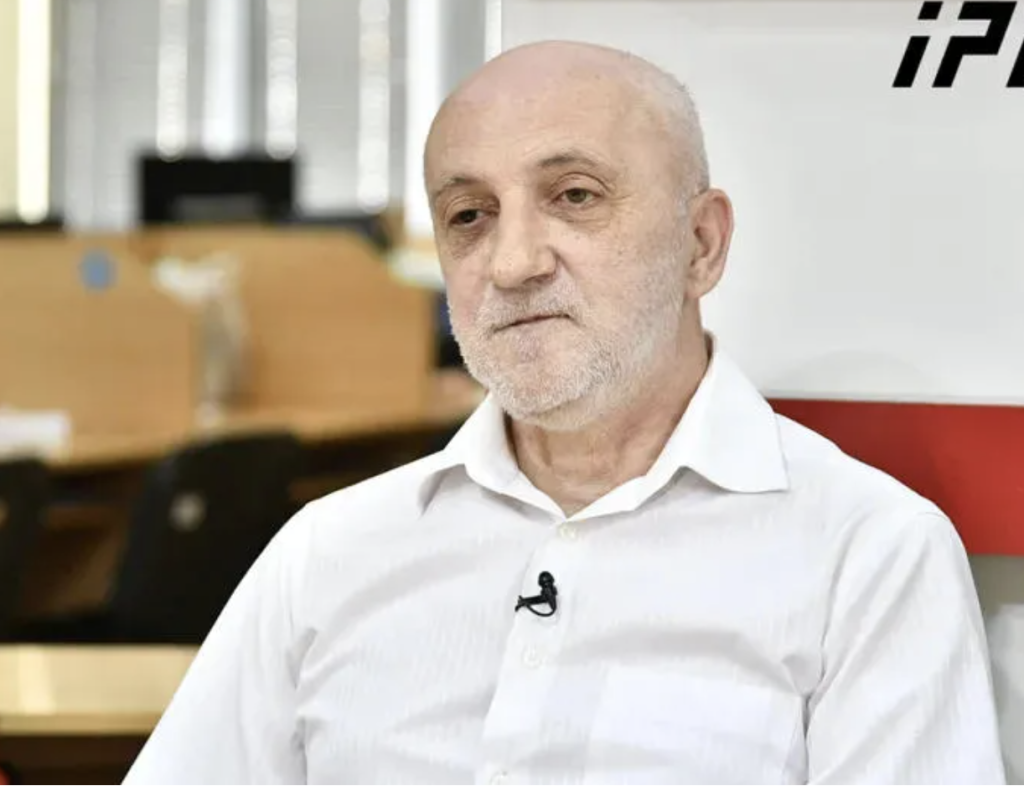
Gia Khukhashvili, political analyst:
The goal of “Georgian Dream”:
In my view, Bidzina Ivanishvili’s main task was to pass the offshore law. In order to do that, attention needed to be diverted to something else.
I believe that the losses from the offshore law are much greater than those from the “foreign agents” law. Ivanishvili is supposedly attracting foreign assets to Georgia right now. But civilized businesses have no motivation to switch from one offshore to another if there are no problems with the first one and everything is in order. Obviously, this proposal will only interest those who have issues with traditional offshore jurisdictions. For example, holders of illegal or disputed assets.
So ultimately, the consequences could indeed be quite dire, leading to Western sanctions and, consequently, the isolation of the country.
It’s clear that this won’t happen tomorrow, but in the medium term, this is what threatens Georgia. It seems that Ivanishvili has long been considering this scheme.
When Russian intelligence services and Putin’s personal coffers come here, do you understand what that means? It means the country will be sold out. If this black capital devours our small economy, they will devour us directly, we will have nothing, and that will be the end of it.
Reaction from the West:
The thing is, Western systems work very slowly, and probably this is what Ivanishvili is counting on. I want to urge the West to make a decision as soon as possible. Because if action is not taken quickly, this cancer can metastasize, and then it will be impossible to turn back.
▇ When Russian intelligence services and Putin’s personal coffers come here, do you understand what that means? It means the country will be sold out.
About public protest:
I believe that the public mood today is very right and healthy, and I primarily mean the youth. This country already belongs to them, and their position is uncompromising and clear. But there are great global processes underway, accompanied by drama. There is a lot of aggression and evil. It’s hard to say what will happen.
Forecast:
This is a very difficult process. The stakes are very high, and I don’t just mean in domestic politics. Everything is interconnected, and therefore, so many factors are at play that it’s difficult to make any predictions today. Much depends on how events unfold in Ukraine, as well as what’s happening around Israel.
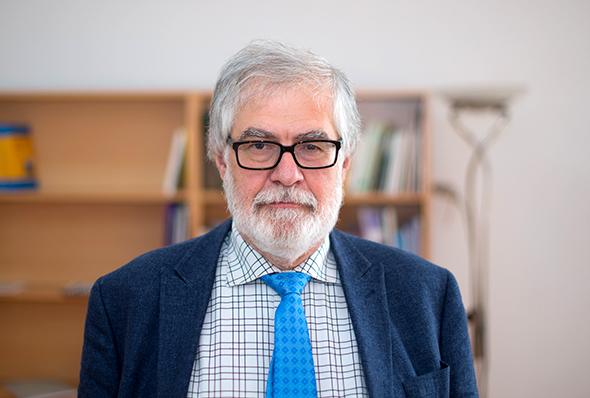
Ghia Nodia, doctor of political science:
The goal of “Georgian Dream”:
They [the government] are completely indifferent to the reaction of the West. They knew from the beginning that the reaction of the West would be sharply negative, but they didn’t attach any importance to it. For them, only the reaction of the streets, the reaction of the people, matters now. And it seems they hope that this reaction will not be so strong that they cannot overcome it.
As for the motives, we cannot know for sure. It’s hard to say what’s going on in Bidzina Ivanishvili’s mind.
The general motive is clear: they believe that the strength of their opponents (the media and non-governmental organizations) is based on Western assistance, and if they sever this connection, they will weaken their opponents.
Another question is why they decided to do this now. It seems that Ivanishvili really wanted to see this happen before the elections. He believes that the “Rose Revolution” of 2003 happened because the West helped the opposition. Therefore, since he fears people’s dissatisfaction, he tries from the very beginning to take measures and neutralize this threat. He tries to reduce the likelihood that the West will help the opposition.
Of course, one can assume that there is some pressure from Russia. However, the main thing is not Russia’s interference, but whether Georgia believes in this interference and why. Perhaps, in Ivanishvili’s opinion, the geopolitical situation now favors him: things have not been going very well for the West in Ukraine lately. Therefore, in Ivanishvili’s opinion, it is necessary to do what Russia likes, not the West. This may be an additional factor.
Western reaction and sanctions:
I think the West is confused, they did not expect this. They are trying to exert influence through diplomats, but see that it is pointless. Georgian prime minister Irakli Kobakhidze bluntly states that Georgia is a sovereign country and will accept any law it wants. And now the West needs to come up with something, but it seems they haven’t done so yet.
▇ The opposition is being marginalized. Those who are the most active force in these protests do not want to associate themselves with political parties.
About the protests:
The protest is indeed significant, but nothing can be predicted in advance. Last year, we could not anticipate that the draft law would be withdrawn. Nothing is excluded, but at the moment it is clear that the authorities do not intend to back down. To retreat again, as they did last year, would be very humiliating for them politically, and they do not want that.
But all this has shown that there is a very active protest movement, led by civil society.
Role of the opposition:
The opposition is being marginalized. Those who are the most active force in these protests do not want to associate themselves with political parties. So far, it doesn’t seem like the opposition has any influence on these actions and their development.
We do not see opposition parties mobilizing their assets. There is no unified organizational center or leader.
But at least what’s happening could have a positive impact on the opposition’s ratings. This discredits the “Georgian Dream,” and perhaps people will vote for the opposition in the elections.
Forecast:
There is a scenario of violent escalation, but so far they are trying to avoid it. Essentially, the escalation is probably more aimed at discrediting the protest movement by the authorities, and the organizers of the actions understand this.
The second scenario is that the government waits for the people to get tired and the protests to subside. Of course, this is possible overall, but it is not happening yet.
The expansion and diversity of the protests are the most desirable scenario for making the “Georgian Dream” believe that persisting and adopting this law is dangerous. It is also important that cracks are appearing among the supporters of the “Georgian Dream” themselves. There are no signs of this yet, but it is quite possible. This concerns people who generally support European integration but also support the “Georgian Dream.” The mood of these people may change.










